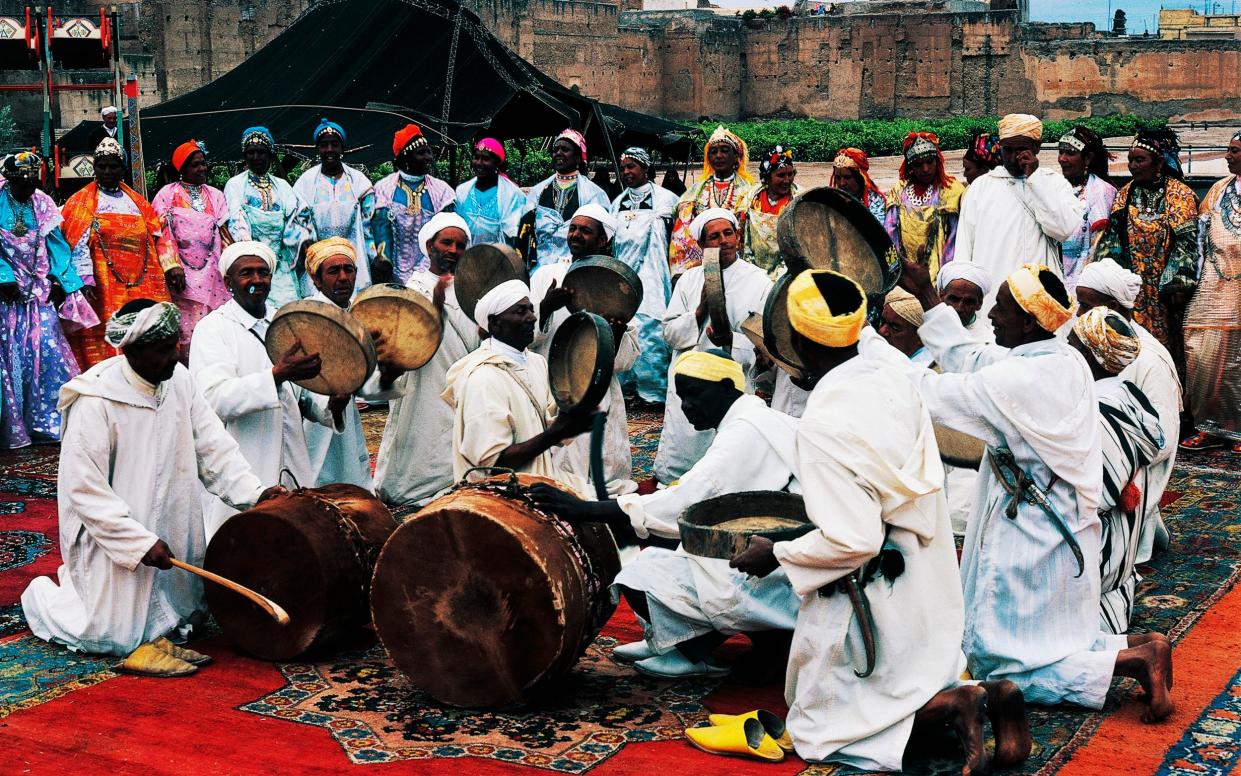Musics Lost and Found by Michael Church review: the mad romance of song-collecting

“All the collectors in this book have been romantics,” says the author of this fascinating and moving study of folk-song collectors from the 18th century to the present day, from all around the world. “All have acted as a bridge between cultures. All have treasured rare melodies and styles, as naturalists treasure endangered flora and fauna.”
It soon becomes clear Michael Church is a romantic himself. He too has tramped down obscure country lanes in far-flung parts of the world with his recording device, in search of some undiscovered bits of musical loveliness. He found quite a few in Georgia and actually had them released on a CD. He knows the frustrations of a vocation that often involves going home empty-handed, either because the tape has mysteriously been wiped clean, or the singers and dancers you arranged to meet are busy taking in the harvest, or drunk.
Church is also aware that a romantic attachment to music that is rare, hidden, and all too likely to disappear before the remorseless advance of modernity isn’t enough. He says his collectors also had a “scientific, taxonomic bent”, and some of them, such as the Hungarian composer Béla Bartók and the American musicologist Charles Seeger – a key figure in bringing the blues of the American Deep South to the world’s attention – were also armed with a formidable musical intelligence that allowed them to chart cross-cultural influences.
Others have a more ethnographic bias, patiently teasing out the meanings embedded in a musical tradition. This requires keen powers of observation, as well as listening, and a sympathy to views of the world very different to our own.
We discover from the writings of Paul Bowles, best known as a novelist and memoirist, but also a keen collector of North African folk song, that the Berber word for musical instruments actually means “things that are made to cry”. The American collector Theodore Levin uncovered the animist form of religion underlying Tuvan music, which rises out of the natural sounds of the immense grassy plains of central Asia. The British anthropologist Colin Turnbull discovered how the music of the Pygmies of central Africa is connected to the all-nurturing forest they dwell in. When things are going badly, they sing to the forest, to wake it up and make it happy; when things are going well, they sing to thank it.
One of the virtues of Church’s book is that he doesn’t confine himself to accredited ethnographers or academic collectors working for grand institutions. He gives equal weight to enterprising recording companies, such as the British independent folk label Topic, and Folkways (the US label that recorded Woody Guthrie and Lead Belly), as well as amateur enthusiasts like Bowles. And he doesn’t scorn the early pioneers such as Cecil Sharp, the great pioneer collector of English folk songs, even though he acknowledges the limitations of Sharp’s romantic view of an untouched, unspoilt “peasantry” as the source of the only “true” English folk music.
He’s also keenly aware of the essential irony of the folk-collecting enterprise, which is that it fixes in the permanent form of a notation or a recording something that is ever-changing. Any true folk song is reborn every time it is recreated, and sometimes we get a glimpse of that, as in the chapter on the shy monk Komitas, who saved thousands of Armenian folk songs from oblivion, even though he himself almost perished during the Armenian genocide. One of the songs Komitas notated incorporated spontaneous comments from the singers on whatever was happening at that very moment, “whether it was slackers (human or animal) or people they see passing by – a woman lighting her lamp, another fetching water from a well”.
Komitas was something of a misfit, as are quite a few of these collectors. One gets a sense that many of them are seeking for some personal salvation through an immersion in something distant, rare and precious – such as the Canadian Colin McPhee, who spent much of his life trying first to preserve and then revive the gamelan tradition of Java. Looking back at the end of his troubled, rootless life, he said: “I had succeeded in helping to prolong the past. To delay it even for a day was my one wish.” A romantic, indeed.
Musics Lost and Found is published by Boydell at £25


